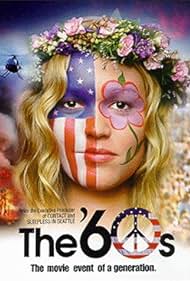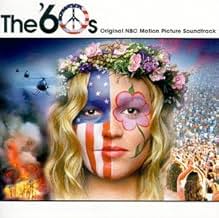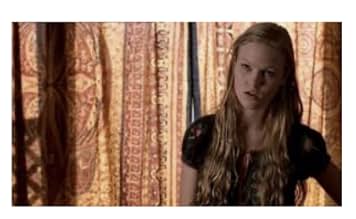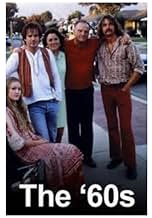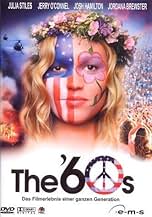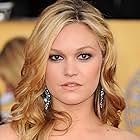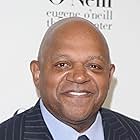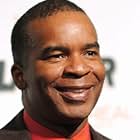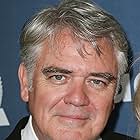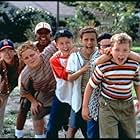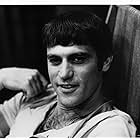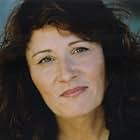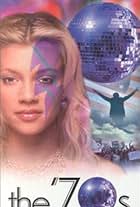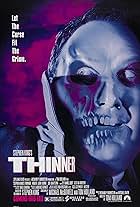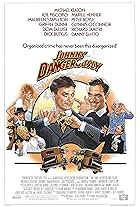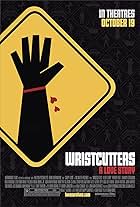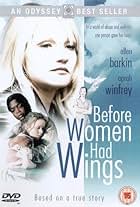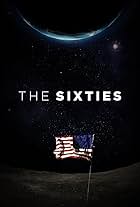IMDb RATING
6.9/10
2.7K
YOUR RATING
The events of the 1960s affect the lives of two families, one white and one black.The events of the 1960s affect the lives of two families, one white and one black.The events of the 1960s affect the lives of two families, one white and one black.
- Nominated for 3 Primetime Emmys
- 2 wins & 10 nominations total
Browse episodes
Storyline
Did you know
- TriviaActors Donovan Leitch Jr. and Carnie Wilson are the respective children of musicians Donovan and The Beach Boys' singer and composer Brian Wilson, both of whom are heard in the soundtrack. Jason Nesmith, son of ex-Monkee Michael Nesmith, also appears.
- GoofsAt the end during the BBQ, the mother asked "How's my boy today?" there is a boom mic visible.
- Quotes
Bill Herlihy: Are you still my baby?
Katie Herlihy: No, dad, I grew up. But I am still your daughter.
- Alternate versionsA scene where Katie and her friends gathered in front of her television to watch The Beatles performance on the Ed Sullivan show was originally shown in NBC's first broadcast of the mini-series but ended up getting cut out of all the home video versions of the film (including NBC's own 2 tape set which could only be ordered straight from the network). The scene is also missing from later presentations of the film on networks such as VH1. In the scene Katie and her friends sit on the floor in front of the television and scream in delight at the sight of The Beatles while Katie's brother, Michael, sits behind them secretly trying to brush his hair down so that he can look like the famous quartet.
- ConnectionsFeatured in The 51st Annual Primetime Emmy Awards (1999)
Featured review
I enjoyed the plot, The cast did a great job. If you ever seen Woodstock. This is in your ball park. The soundtrack is just as good as the movie. Julia Stiles proves that she is a great actress, Jerry O'Connell once again has proven his talent as an actor. This is one not to miss. If you did you wish you hadn't.
- choosenfaith
- Sep 17, 2001
- Permalink
- How many seasons does The '60s have?Powered by Alexa
Details
- Release date
- Country of origin
- Language
- Also known as
- Los '60s
- Filming locations
- Redlands, California, USA(Columbia campus scenes)
- Production companies
- See more company credits at IMDbPro
Contribute to this page
Suggest an edit or add missing content

